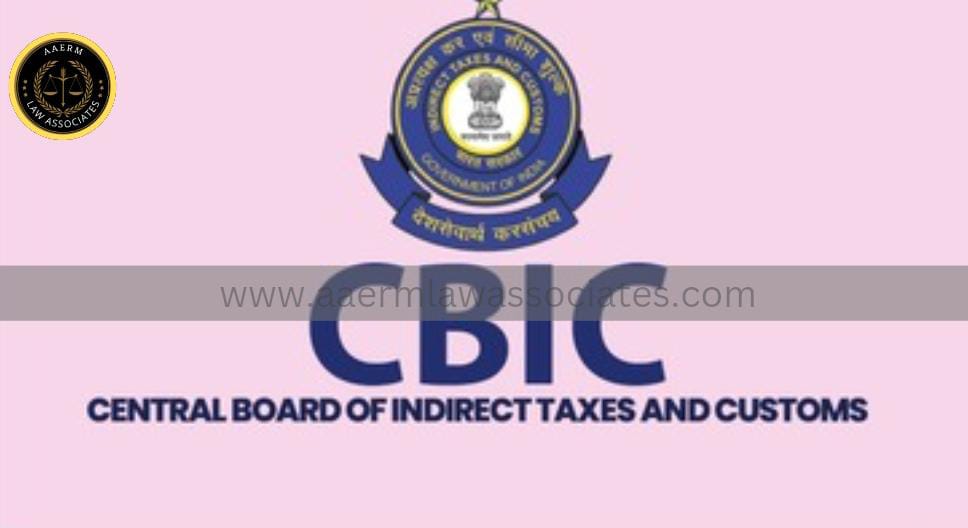
CBIC Clarifies Origin Procedures Under FTAs, Including Third-Party Invoicing
The Central Board of Indirect Taxes and Customs (CBIC) has issued Instruction No. 23/2024-Customs on October 21, 2024, to address concerns related to origin procedures under Free Trade Agreements (FTAs), particularly in cases of third-party invoicing. This clarification aims to streamline import clearance and ensure compliance with trade agreements, especially the ASEAN-India FTA (AIFTA).
Key Highlights:
- Third-Party Invoicing:
Commonly used in international trade and explicitly allowed under some FTAs. Under AIFTA, customs authorities must accept a Certificate of Origin (COO) even if the invoice is issued by a third country, provided the product meets the rules of origin. - COO vs. Invoice:
The COO confirms that goods qualify under the FTA, while the invoice is relevant for customs valuation. Customs officers can request additional documents for verification but must adhere to the provisions of the FTA. - Customs (CAROTAR) Rules:
If an officer doubts the origin criteria, CAROTAR and Section 28 DA of the Customs Act can initiate verification. However, CAROTAR does not require sharing of confidential exporter information and does not mandate the same currency for COO and invoices. - Preferential Duty Claims:
If a trade agreement does not allow denial without verification, the trade agreement takes precedence over CAROTAR. Any denial of preference must follow verification, and a reasoned order must be issued.
This instruction ensures smoother import processes and reinforces the importance of adhering to FTA
CBIC #FTAs #CustomsRules #CAROTAR #ThirdPartyInvoicing #ASEANIndiaFTA #ImportClearance #TradeAgreements #CertificateOfOrigin #Customs
